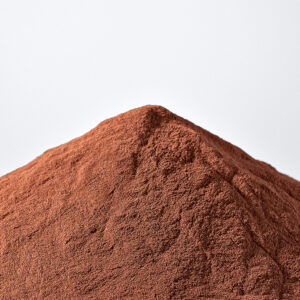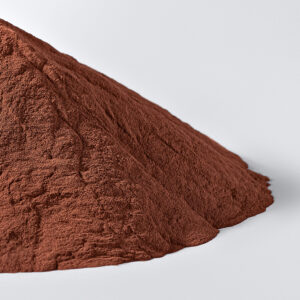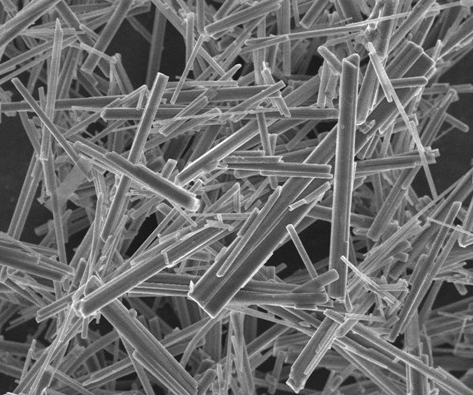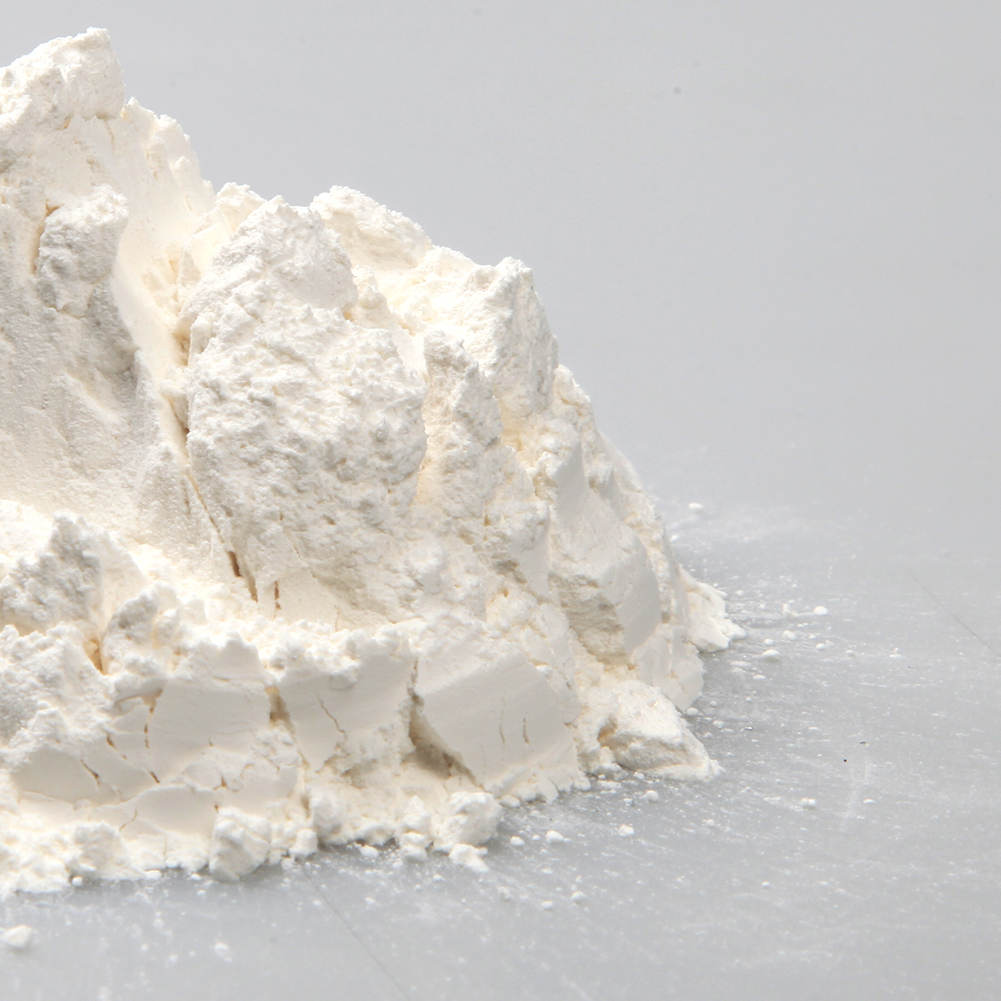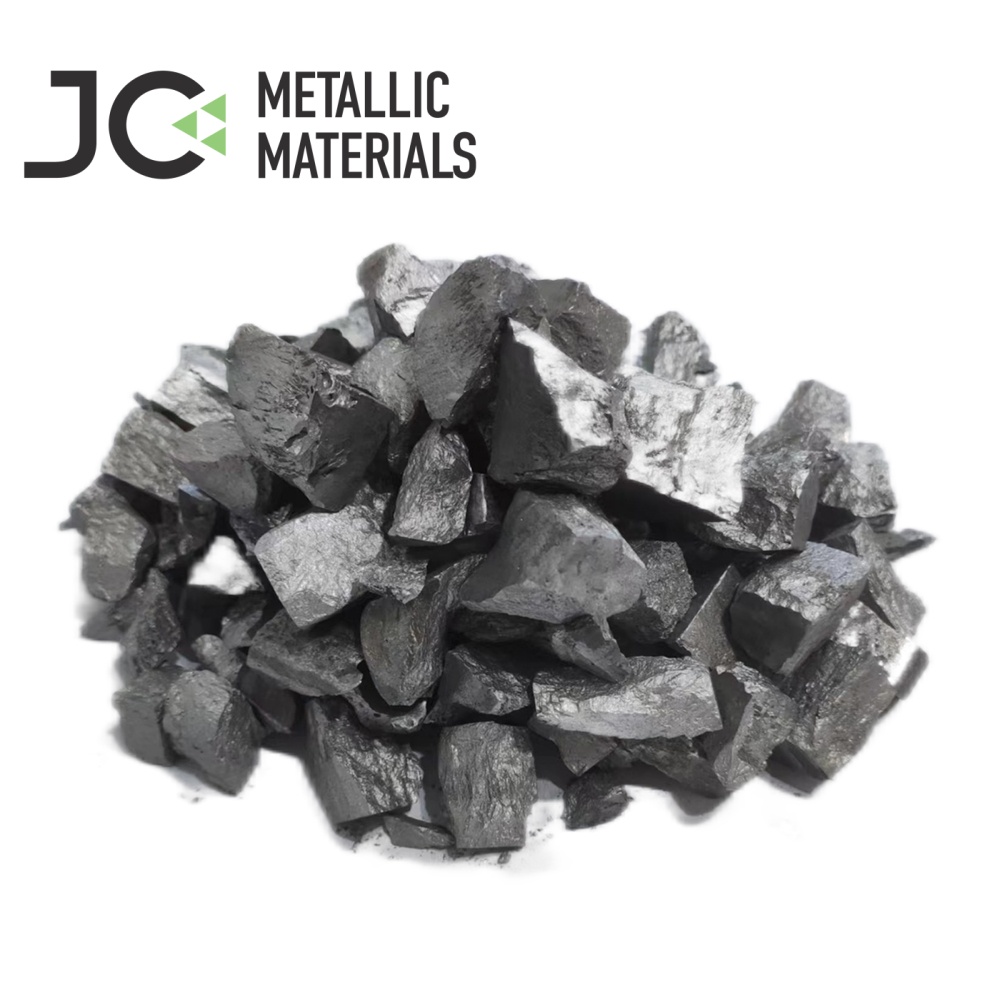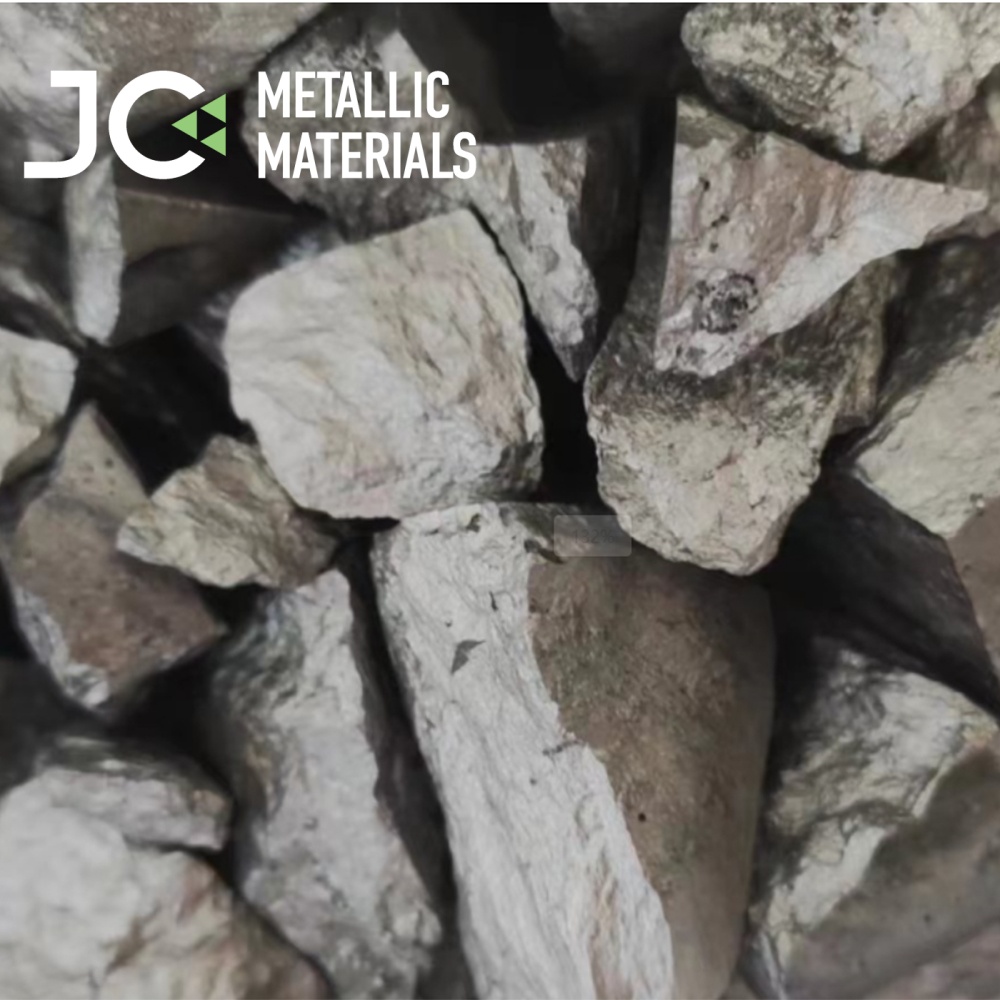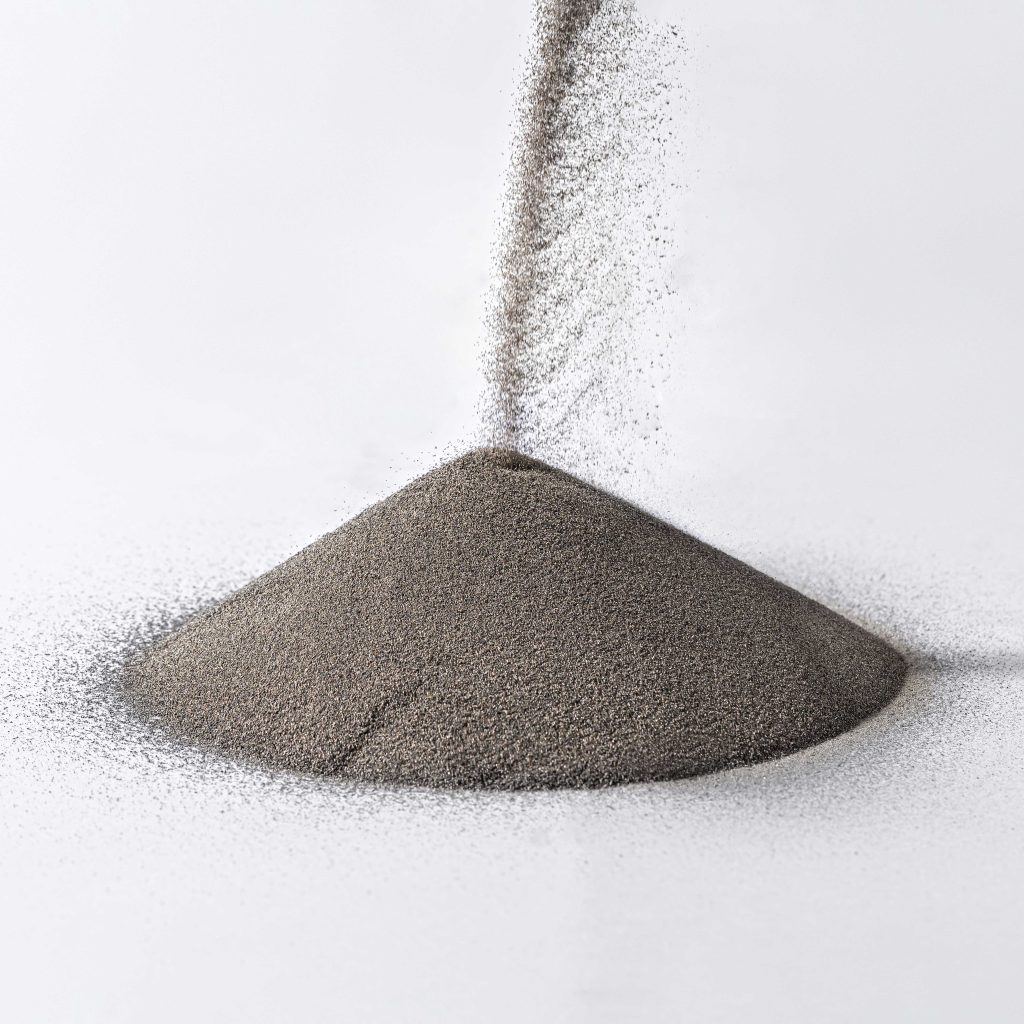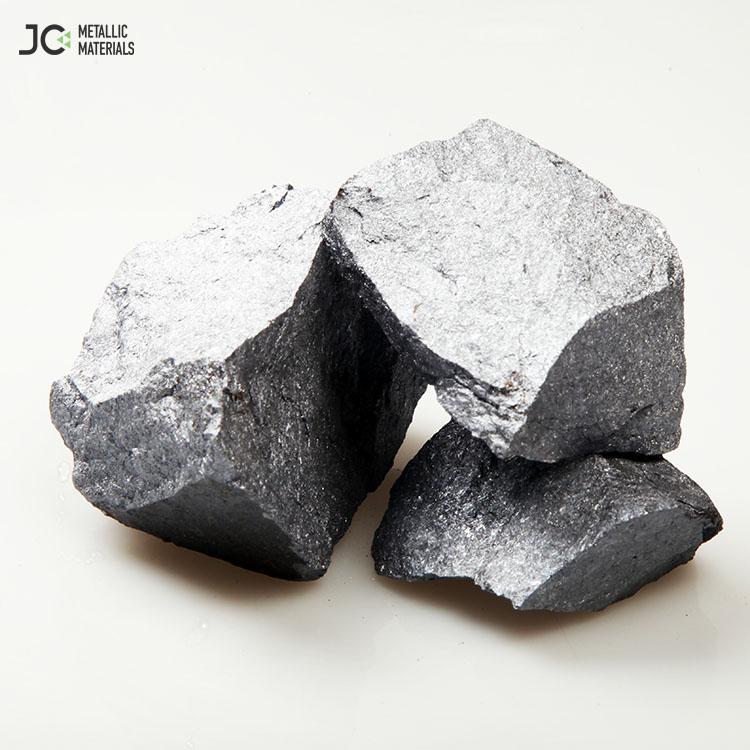
Copper Powder: Uses, Benefits, and Applications
Copper powder is an extremely versatile metal. It is known for its high thermal performance and reliability of workability. It is highly valued for its ability form strong metallic bond, corrosion resistance and compatibility with different manufacturing processes. For B2B buyers and global importers, understanding copper powder’s key properties, production methods, available particle grades, and supplier capabilities is essential to ensure consistent product quality and cost-effective sourcing. The right supplier can have a significant impact on performance, manufacturing efficiency and long-term procurement stability.
This comprehensive guide will cover market overview, material properties, industrial uses, future trends, and more. We will also provide buyers with a practical and clear buying guide that can help them make informed decisions about copper powder sourcing.
What is Copper Metal Powder?
Copper powder is finely ground pure copper metal. It is produced by atomization or electrolysis. The particle sizes and shapes vary. It is easy to blend in with manufacturing processes. It is highly thermal and electrically conductive. It is used for metal coatings and electronics. It is also used for 3D printing and brazing. Powder metallurgy is used by many industries.
Copper powder has excellent corrosion resistance. Copper metal powder forms durable and conductive surfaces. It is compatible with other metals. It can be used to create custom industrial alloys. It is reliable and stable in its performance. It is widely used in the automotive and electrical industries. It is a great way to support modern and advanced manufacturing technologies.
Main Production Methods of Copper Powder
Copper powder can be produced in a variety of ways. It depend on several factors like its intended use, the purity level and performance requirements. Globally, three key manufacturing methods are used to produce copper powder. Each technique produces copper powder with different particle shapes and properties.
| Production Method | How It Works? | Particle Shape & Features | Common Industrial Uses |
| Atomization | Molten copper is sprayed using high-pressure water or gas jets. | Spherical or irregular particles; good flowability. | Powder metallurgy, 3D printing, automotive parts. |
| Electrolytic Refining | Copper is deposited from an electrolyte solution using electricity. | Dendritic (branch-like) structure; very high purity. | Electrical components, conductive pastes, circuit materials. |
| Chemical Reduction | Copper compounds are chemically reduced into metallic copper. | Fine, uniform particles with controlled size. | Catalysts, specialized electronics, thermal management applications. |
Copper Powder: Uses
Copper powder is used in many industries because of its excellent conductivity and corrosion resistance. It also forms strong metallic bonds. Copper metal powder is used in the manufacture of electrical components, friction components and metal coatings. Let’s discuss with one by one.
1: Powder Metallurgy Components
Copper metal powder is used in the production of various sintered mechanical components, including bushings and bearings. It provides good strength, durability and efficient heat transmission.
2: Electrical and Electronic Materials
Copper metal powder has a high electrical conductivity and is used for conductive pastes. It can also be found in circuit boards, switch components, electrical contacts and EMI shielding material.
3: Metal Coatings & Surface Treatments
Thermal spraying and metal-coating processes use copper powder to create corrosion resistant and conductive surfaces on industrial parts and equipment.
4: Materials for Brazing and Soldering
Copper powder, which is finely controlled, is used to make solder pastes and brazing alloys for joining metal parts, in applications such as automotive, aerospace and refrigeration.
5: Additive Manufacturing (3D printing)
In 3D printing and advanced manufacturing, atomized copper powder can be used to create precision metal parts that have complex shapes with high thermal conductivity.
6: Friction and Brake Materials
Copper powder can be blended into friction linings, brake pads and clutch plates to improve heat dissipation.
7: Catalysts & Chemical Applications
Copper powder is used in fine chemicals and environmental industries as a catalyst because of its high surface reactivity. It supports chemical reduction and refining.
Key Benefits of Copper Powder
Copper powder is an industrial material that can be used to make conductive, durable and precision engineered components in many different manufacturing sectors.
- Conduct Power with Precision: The high electrical conductivity of this material makes it perfect for electronic circuits, contacts and pathways with high performance.
- Keeps Heat Under Control: The high thermal conductivity of components allows them to efficiently disperse heat, improving the equipment’s stability and longevity.
- Built to Resist Corrosion and Wear:Copper powder creates durable surfaces that can withstand moisture, friction and harsh industrial environments.
- Shapes Easily into Complex Components: It blends and sinters easily, allowing the manufacturer to create parts customized with minimal waste.
- Cost-effective for high-volume production:Copper powder is a cost-effective choice for large-scale, continuous manufacturing. It reduces the number of machining steps, and also material costs.
An Ultimate Buying Guide: How to Source a Copper Powder From China?
Copper powder sourcing is more than just comparing prices. Buyers should focus on supplier reliability and logistics performance, as well as quality consistency.
1: Specify Your Needs and Requirements
Different industries require different grades. Before ordering, confirm specifications according to the final application.
2: Check the Method of Production
Before purchasing a copper metal powder, you need to specify the method productions. Like used atomized powder, electrolytic powder, and chemically-reduced powders all behave differently when manufactured. Choose the production method that best suits your needs.
3: Assess Supplier Certifications & Quality
Control ISO certificates, inspection standards and test reports ensure consistent and repeatable performance.
4: Ask for Material Safety Data Sheets and Certificates of Analysis (COA)
These documents verify chemical composition, metal contents, and safety compliance – essential for international sourcing.
5: Packing, Shipping, and Storage Requirements
Copper powder should be packed in moisture proof, anti-oxidant conditions to maintain its quality during transport.
The supplier should not only offer good prices, but also provide high-quality batch, technical support, and reliable aftersales service.
Final Thoughts
Copper powder is a material that has been used in manufacturing for many years. It’s a great choice especially if you need high conductivity, heat control, precision shaping and durability. B2B buyers can achieve success by selecting the correct grade, verifying the supplier’s quality control, and understanding how the powder is produced.
Most Asked Questions About Copper Metal Powder
Q1: What is the purity of copper powder that is used in industry and what are its uses?
Answer: Industrial copper powder is typically 99.9% pure, but can vary from 95 to 95% depending on the application.
Q2: What industries use the most copper powder?
Answer: Electronics, automotive parts and powder metallurgy are among the major users.
Q3: How can I determine the right particle size?
Answer: Choose the particle size that best suits your needs. Finer powders are best for coatings and conductive pasts, while bigger particles are suitable for sintered metal components.
Q4: Is copper powder safe to store and transport?
Answer: If you store it in a sealed, moisture-proof package and keep away from oxidizing environments.
Q5: What is the best production method for high conductivity applications and what are its advantages?
Answer: Due to its high purity and excellent conductivity, electrolytic copper powder is the preferred choice for electrical and electronics applications.
